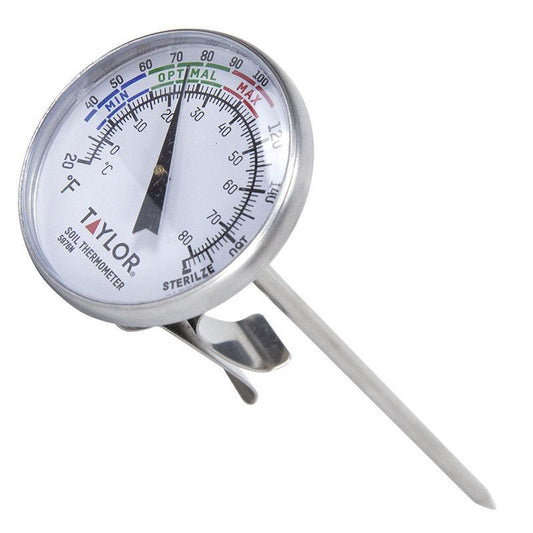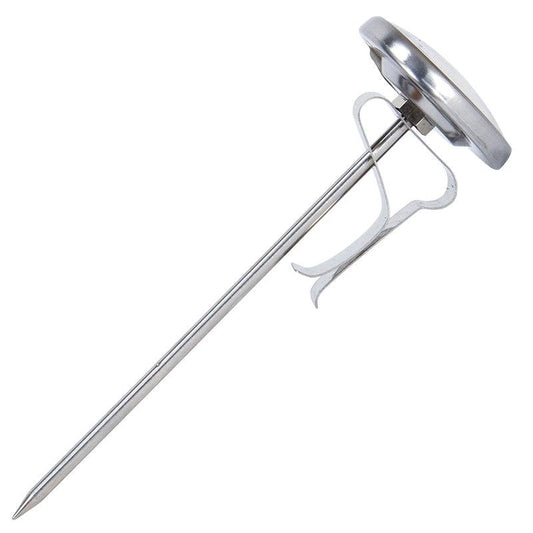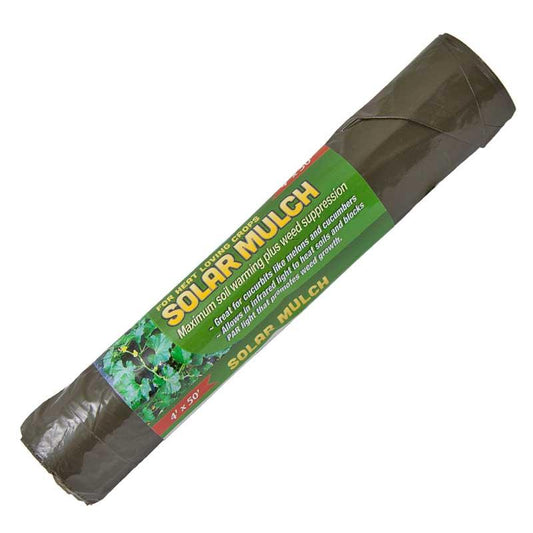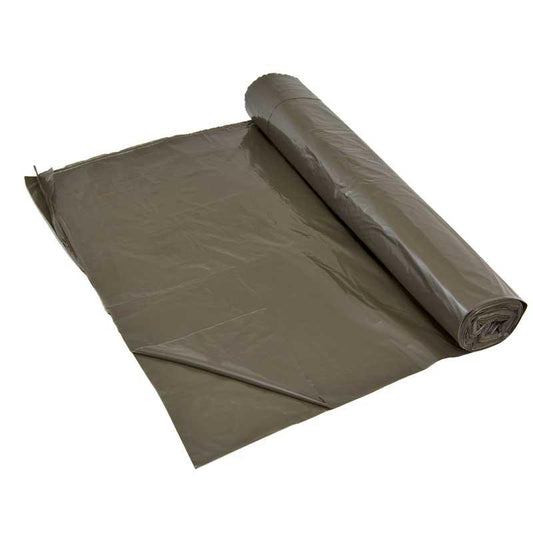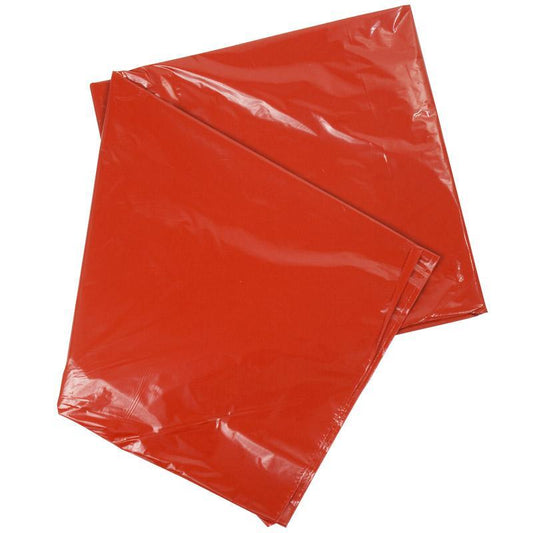May is Perfect for Spending Time Outdoors in Your Garden
Spring is in full swing, and there’s plenty to do in the garden. The activities you focus on will depend on your growing region, so this guide is geared toward USDA zones 8–9. Watch our May Gardening Checklist video where Tricia shows what she’s doing in and around her garden. For more detailed seasonal tips, check out our June Gardening Activities and July Gardening Activities to help keep your garden thriving all summer long.
Here are 5 things to do in your spring garden this year, and 1 bonus item!
1. Setting Out Your Warm Weather Transplants
May is usually warm enough here in Northern California (USDA zone 8-9) to put out our warm weather transplant starts like tomatoes, peppers and eggplants. The transplants have been growing in a fairly protected environment (like a greenhouse, window sill or hoop house) and haven't been exposed to winds. Plants need to be exposed gradually to the outdoor conditions.
Start by hardening off your transplants slowly. The process of hardening off begins by taking your seedlings to a protected location outside for one hour for the first day. Do this each day for a week and add one hour for each day of the process. By the end of the week you'll be at seven hours and the plants will be ready to be transplanted outdoors.
Spring can be a little unpredictable so make sure to what the weather and keep some Agribon floating rowcover on hand just in case the temperatures drop below 45-50°F.
2. Direct Seeding Your Warm Weather Plants
There are many seeds that grow very quickly and can be direct seeded if your soil is warm enough. Use a soil thermometer to see if it is warm enough and if not you can use mulching film to help warm it up. Seeds that can be direct sown are cucumbers, summer or winter squash, melons and okra. Check the package for the optimum germinating temperature for the seed variety. There are some seeds that don't like to be transplanted and should always be direct sown. They are sunflowers, beans, and corn. Some cool weather plants that should be direct sown are carrots, peas, radishes, and turnips.
3. Succession Planting Seeds
May is not too late to continue succession planting seeds like radishes, greens or lettuce.
4. Check Your Irrigation System
The easiest time to either set up your irrigation system or check your existing system for leaks is before you plant. If you haven't already done so be sure and check the batteries in your timers. Make sure that everything is working perfectly so that when you start your garden it's ready to be watered.
5. Get Rid of Pests Early
If you have lettuce, kale, broccoli or greens growing, you probably have pest problems like aphids, slugs and cabbage worms. At groworganic.com we have a Pest Control Solution Chart which is very very helpful. You can find the link on the first page of our Weed and Pest Control category.
Protect your seedlings like corn, beans or sunflowers from birds. They love to pluck up a newly germinated seed and make a meal of it. You can use bird netting or put down a light weight floating rowcover like the Agribon AG-15 or AG-19.
If you've had grasshopper problems in the past or if your vegetable garden is close by to a grassy pasture you may have grasshopper problems in the future. Nolo Bait which is a suppression for grasshoppers and Mormon crickets. It is most effective if put out when the grasshoppers are young. As with all pesticide products be sure and follow all the directions completely, read the label carefully, and wear your protective gear.
Mosquitoes are already laying eggs in water and they don't need much, so make sure that you dump out standing water around your home. If you do have a pond or livestock watering trough you can use Floating Donuts that contains Bacillus thuringiensis var. israelensis or Bt. Be sure and install some bat houses invite the bats to your property so that they'll eat thousands of mosquitoes every night.
Bonus. Care for Your Garlic, Shallots and Onions
If you planted garlic, shallots or onions in the fall, you can start pulling back some of the mulch and give them some fertilizer. A good all purpose fertilizer will work just fine. Any plant that is growing "funny" may be diseased and it should be removed.
There is a lot of work to be done in the yard and garden, but don't forget to enjoy yourself while spending time outdoors in the spring!
And now let's look forward to June!


